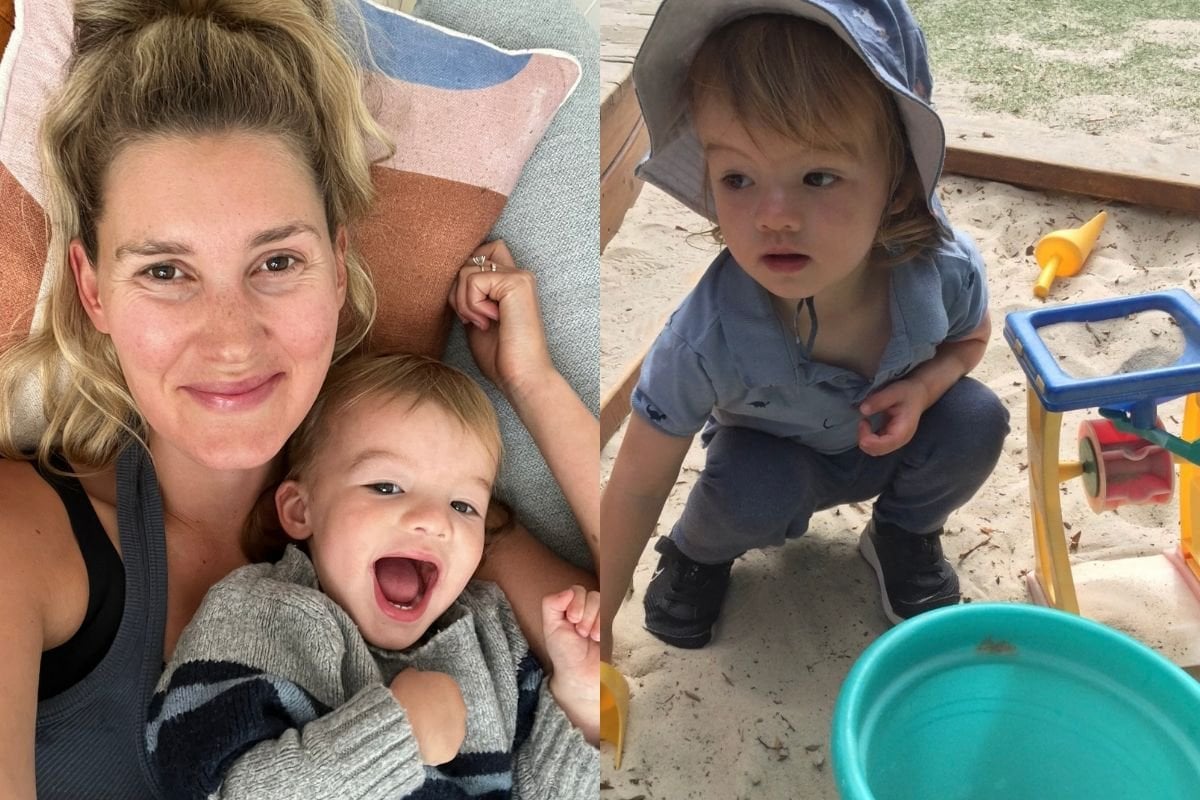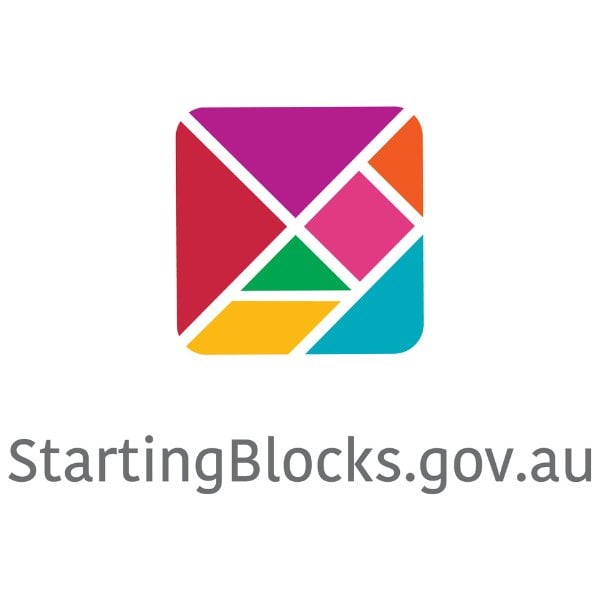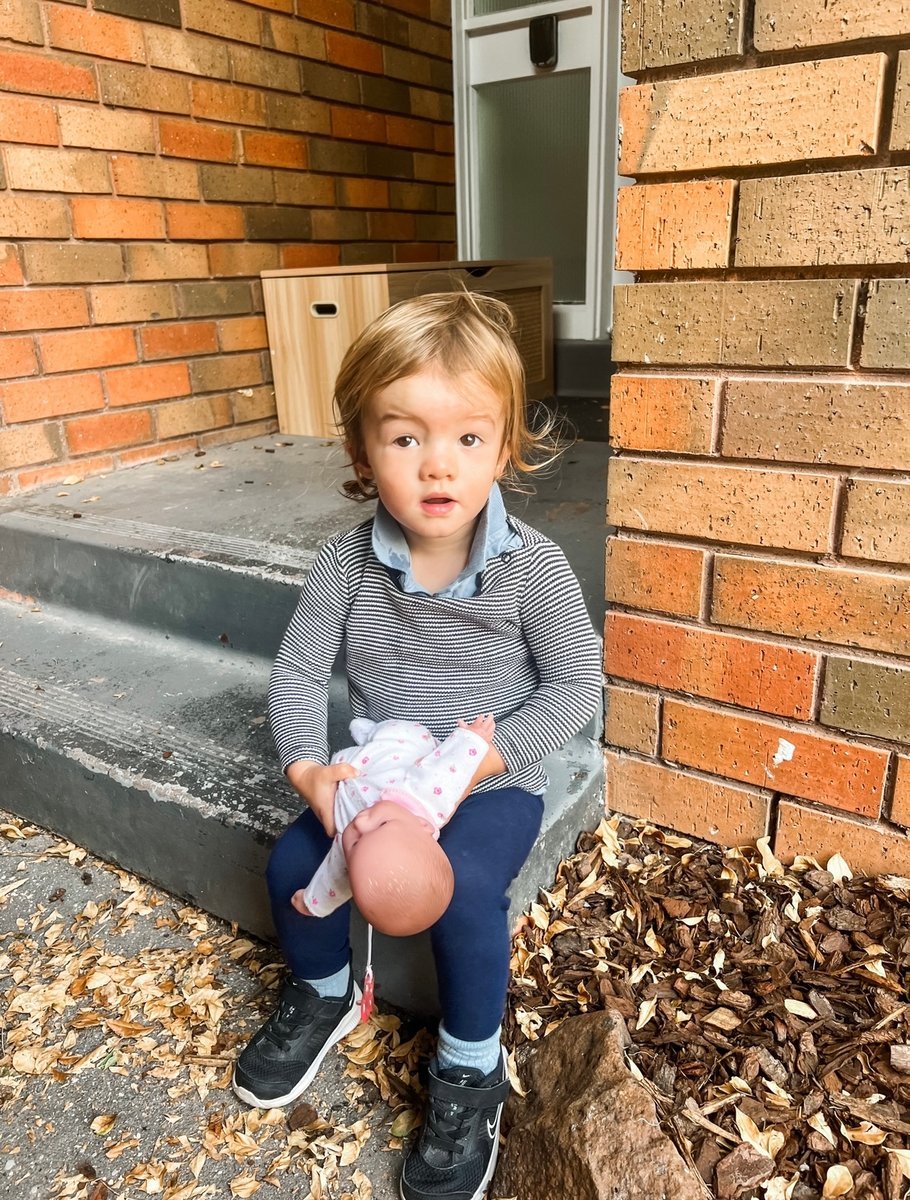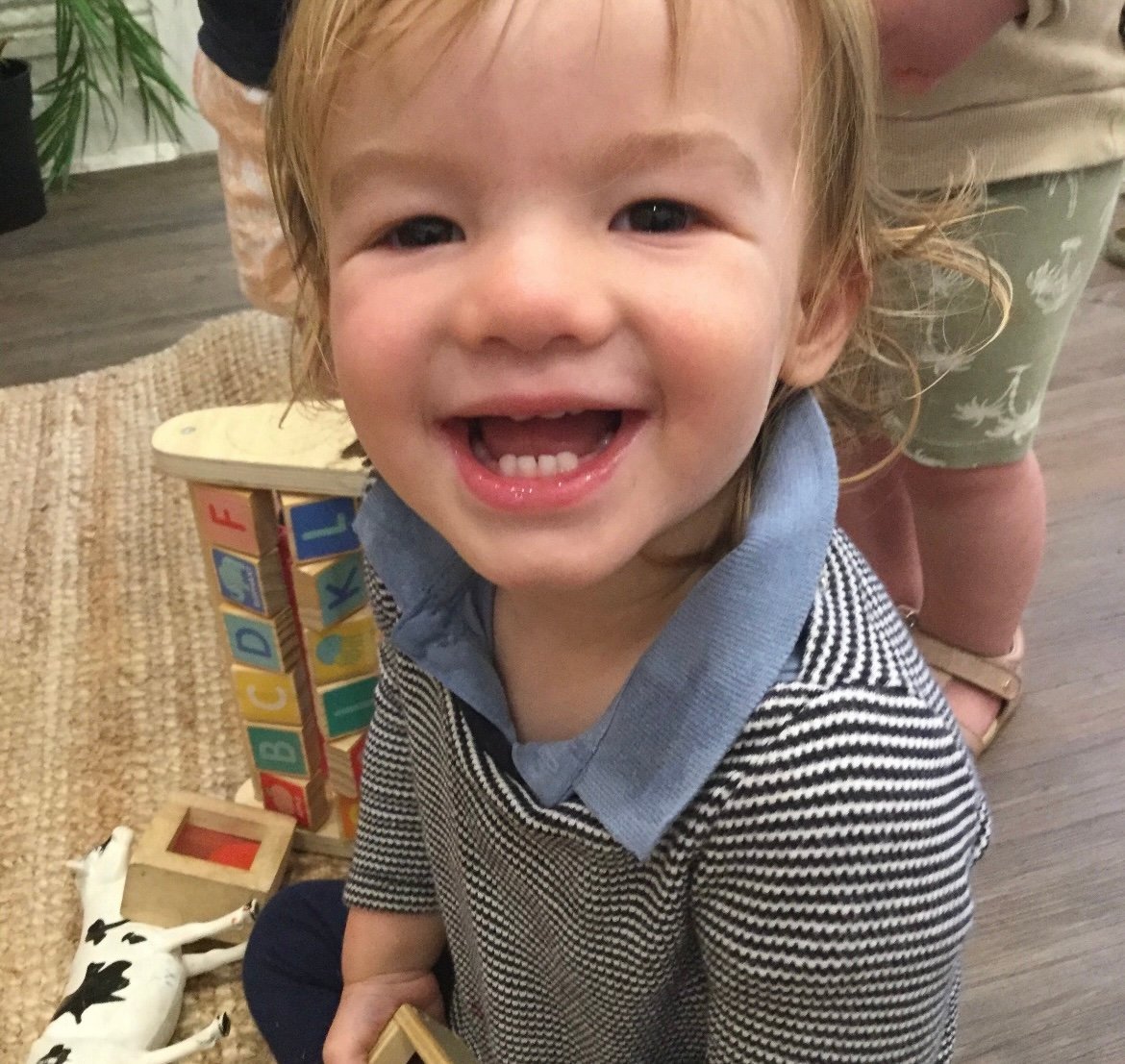

Last week, my phone rang twenty minutes into my son’s first official day at his new early education centre. I picked up as my heart dropped into my feet and I braced for them to tell me to come back and get him.
“I’m just calling to tell you that he’s already very happy, settled, and playing with his friends.”
The soothing voice of the lead educator (whom I’ve decided is an angel sent from heaven) washed over me, and I went back to reapplying my tear-stained mascara on the train.
Picking the right place to send my son was an all-consuming mission filled with teary phone calls to my husband and mum, and about 12 separate centre tours. During my hunt for the perfect centre, I second guessed myself at every turn, but the process doesn’t have to be like that for you.
I spoke with Michael Petrie, a General Manager from the Australian Children's Education and Care Quality Authority (ACECQA) to get his advice on how parents can take the confusion out of choosing the right early education centre to suit their family.
1. Narrow down your search
It turns out I could have saved a lot of time if I’d spoken to Michael months ago. I drove myself crazy trying to whittle down the pros and cons of each centre. So, for those who are just starting their search, he recommends jumping onto StartingBlocks.gov.au as a first step.
“It’s a prime source of information for parents, particularly when they’re in that investigative stage of looking at services and comparing and contrasting the different types that are available in their area," he says.


